When I worked as a part-time telephone counsellor with troubled young people, I learned there was a special technique to kickstart traumatic conversations about self-harm.
You might be forgiven for thinking that you merely open with something like: “Tell me a little bit about your life.”
In fact, what you should be asking is: “Are you bleeding? Do you need to treat yourself or see a doctor right now?”
There’s no point in chatting away for 20 minutes before discovering that your self-harm case is in need of medical treatment.
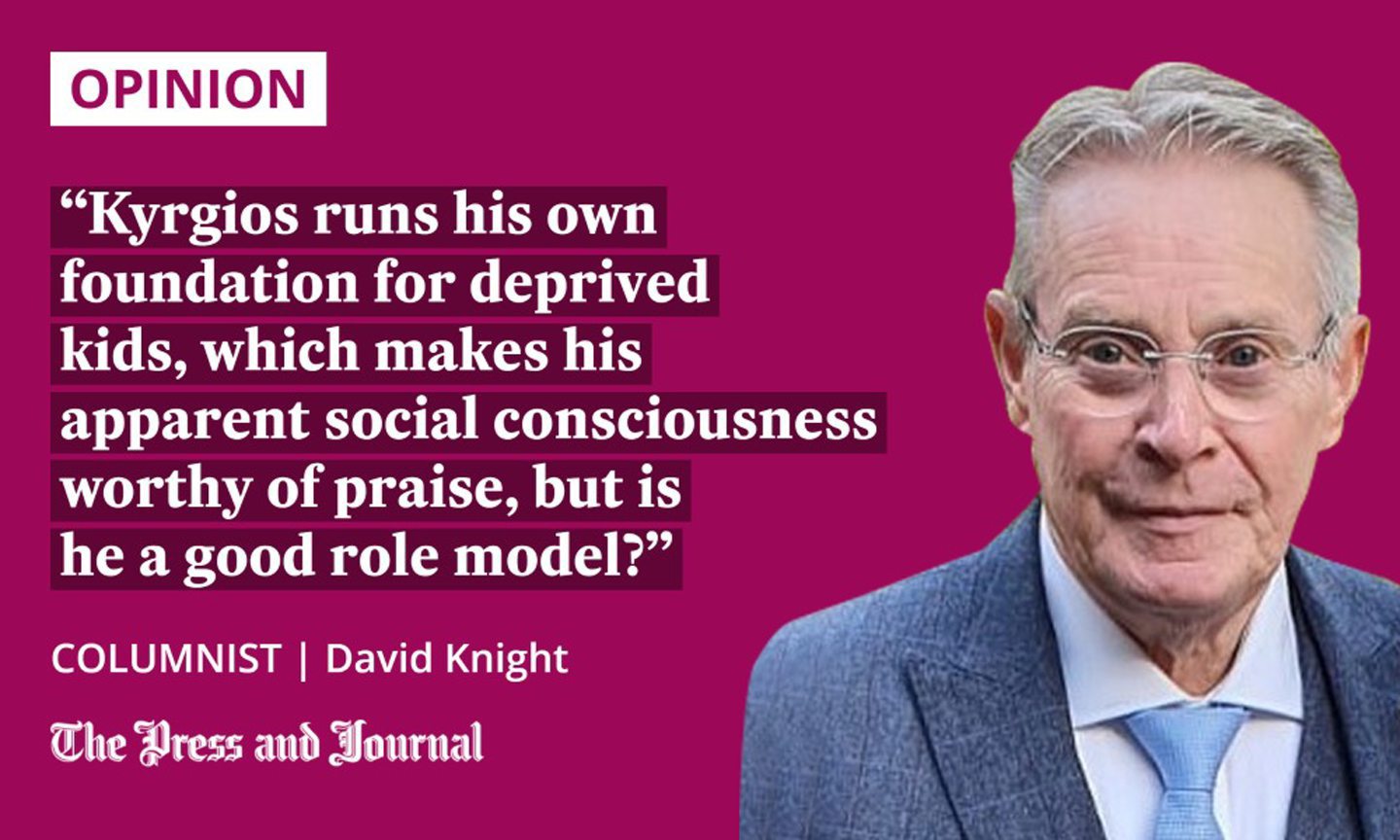
I thought about this difficult subject again as “Circus Kyrgios” left Wimbledon after all the hullabaloo surrounding the Australian.
Is it fair to simply dismiss Nick Kyrgios as pantomime villain? He’s disappeared, but the mental health world today continues to clean up human tragedies around self-harm.
The player experienced self-harm issues as part of his own mental struggles. So, Kyrgios and his demons did wonders to raise awareness, inadvertently.
That’s not how Wimbledon started for him. He was the bad boy everyone loved to hate in an explosive clash with Greek adversary, Stefanos Tsitsipas, who described him as an “evil bully”. Not exactly Captain Hook and Peter Pan, because Tsitsipas wasn’t quite as pure as the driven snow.
Everyone is curious about Kyrgios
Around three years ago, I was singing the praises of Kyrgios as pure entertainment. I didn’t know at the time that this was the “darkest period” of his life, as he later described it – with scars on his arm to prove it.
Now I look at him in a new light, but it’s not black and white. He might manipulate situations to his own ends with phoney outrage at times but, deep down, there appear to be genuine mental issues.
I know it’s the king of clichés, and I hate the phrase, but Kyrgios did have an amazing “journey” at Wimbledon. Looking on from our sofas, he gripped us with a mixture of horror and morbid fascination – similar to watching 24 Hours in A&E, or something like “most shocking prison riots” on television.
Yes, everyone is curious about Kyrgios.
One commentator asked, surreally, if he would arrive on court for his next game by being fired from a cannon.
Stars we love to hate are good for business
The sport’s authorities and fans alike are suffering a collective case of tennis elbow over the repetitive strain of watching him. As with the biggest public challenge facing most parents – their raging four-year-old having a meltdown – they don’t know if they should be overly nice or overly strict.
I heard someone high up at Wimbledon talking about how tournaments around the world were falling over themselves to book Kyrgios – even as a ‘wildcard’
The analogy is not as daft as it sounds: people in the crowd “shushing” Kyrgios the other day during rants were likened to parents scolding a child.
His bullet serve was formidable, but he was trying a new shot in the Wimbledon final: a shot at redemption. He didn’t quite manage it, as he acknowledged sheepishly afterwards with: “Thanks for putting up with me.”
But, there is an inescapable fact of life about stars we love to hate: they are good for business and sell-out crowds.
I heard someone high up at Wimbledon talking about how tournaments around the world were falling over themselves to book Kyrgios – even as a “wildcard”, if he didn’t have enough qualifying championship points. And the simple reason is: he’s great box office and will pack them in.
He can’t be all bad, can he?
No one wants to kill the golden goose
I have no idea where Kyrgios is today; I suppose he’s enjoying a holiday and counting his million-pound winnings.
But, I do know he was playing in Stuttgart before Wimbledon. And I saw him posing at the event with delighted, adoring children; he even played a few shots with them.
It didn’t look like he was going to eat them or anything bad like that, so he seemed a decent chap away from the heat of battle.
But, then, shortly after looking at that picture, news broke that he was under investigation in Australia over an alleged assault of a former girlfriend. Perhaps this was why a TV commentator was pilloried during the final for suggesting that the player’s progress was “admirable”.
Kyrgios runs his own foundation for deprived kids, which makes his apparent social consciousness worthy of praise, but is he a good role model? I suppose he teaches them that it takes all sorts – for every Kyrgios there are many more Cameron Norries.
He splits opinion, but I don’t think Wimbledon has been this divided since Sir Cliff Richard sang Summer Holiday again on centre court.
In reality, they don’t really want to kill the golden goose which feeds excitement around the sport. So, there’s a place for “characters” like him, and I still love the panto villain element – and even Sir Cliff.
But, fabulously rich players must be seen to face the music if guilty of misdemeanours on the court – and off it.
David Knight is the long-serving former deputy editor of The Press and Journal
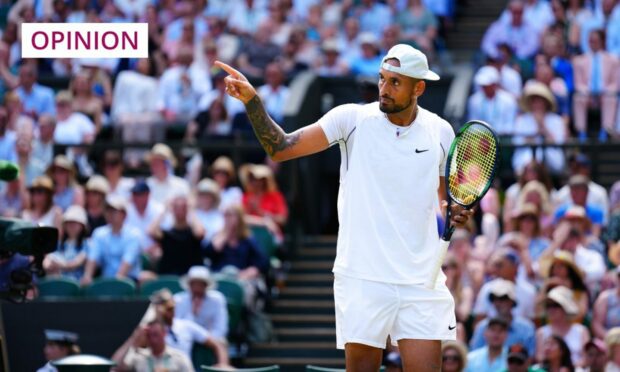
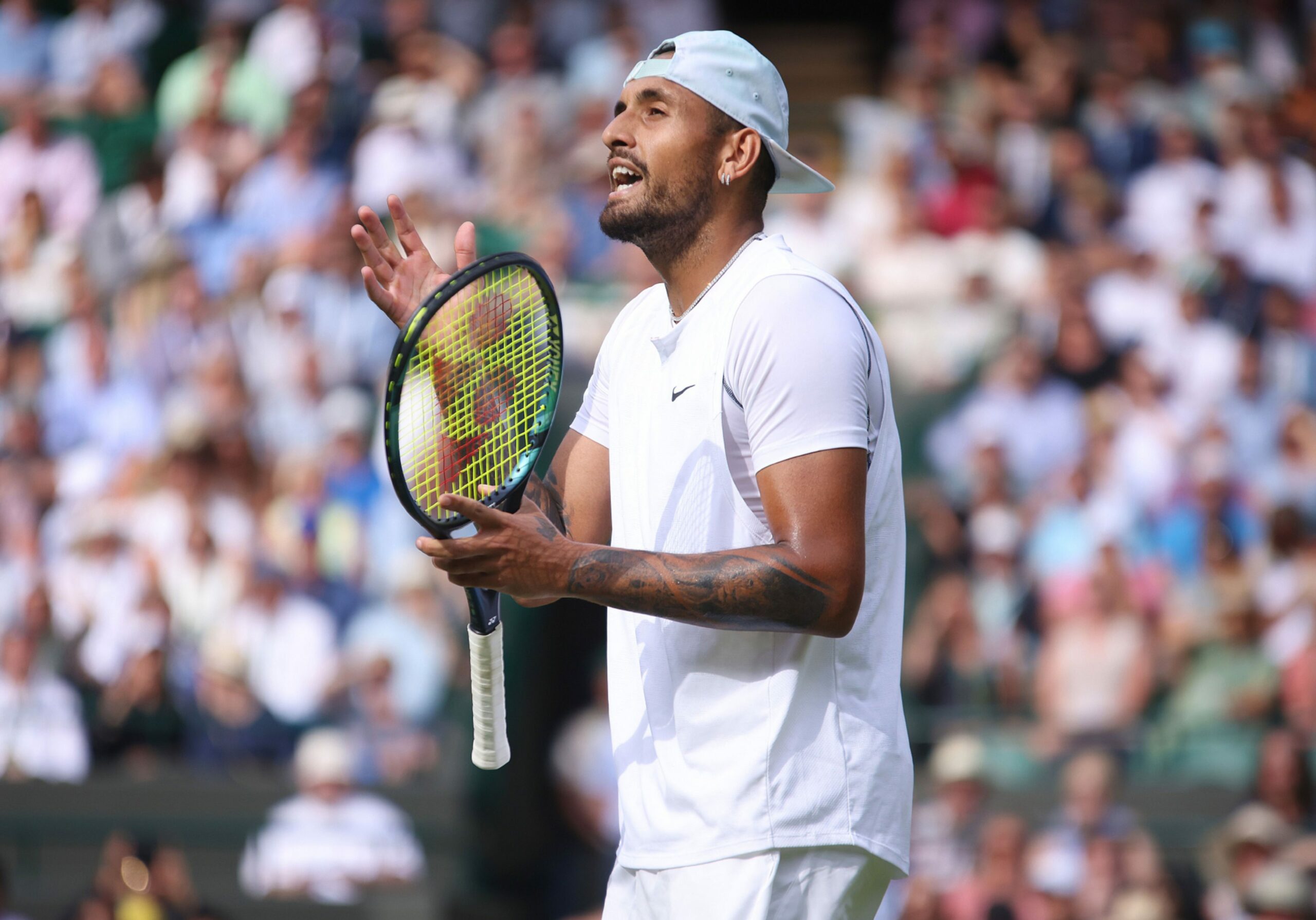
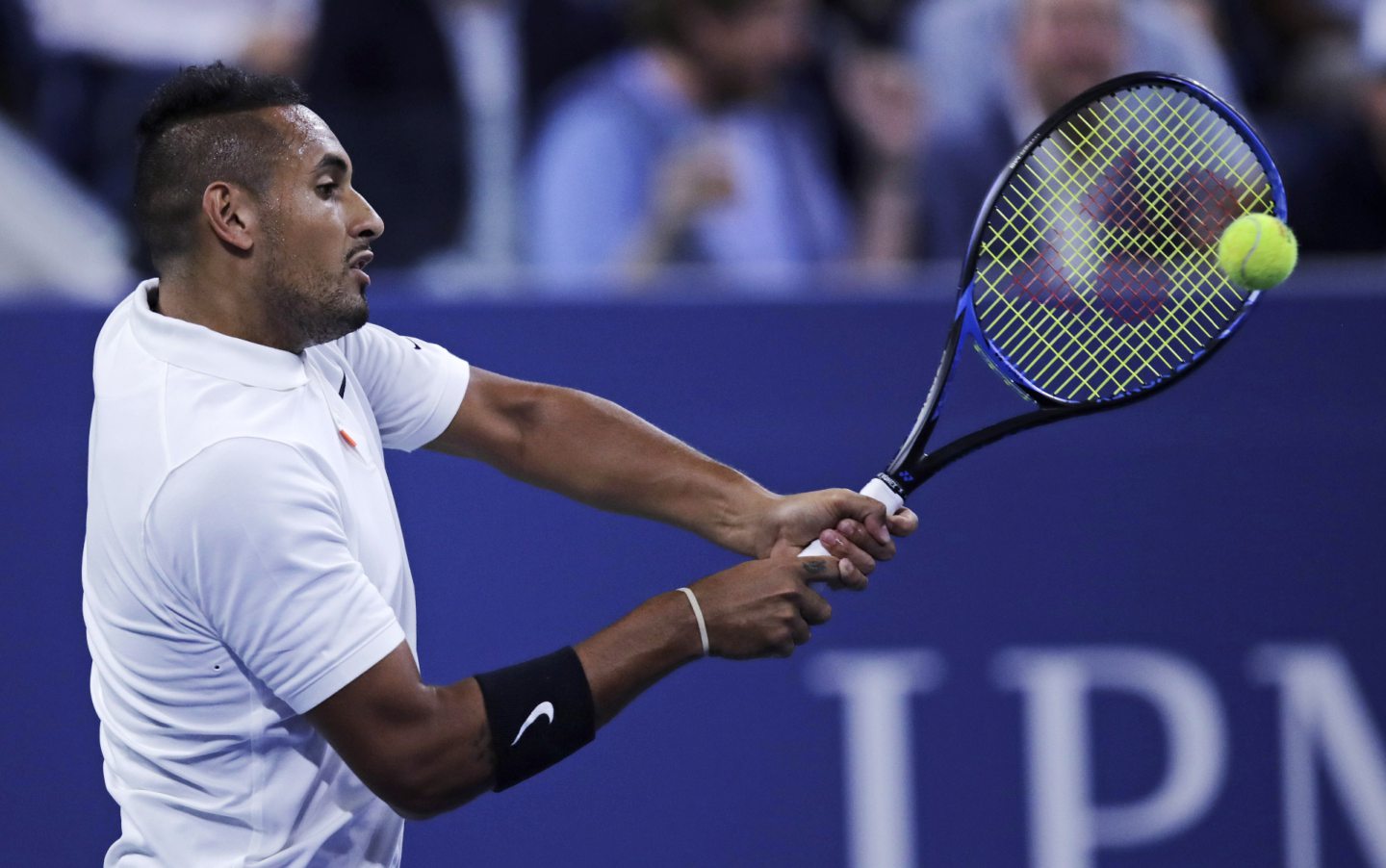



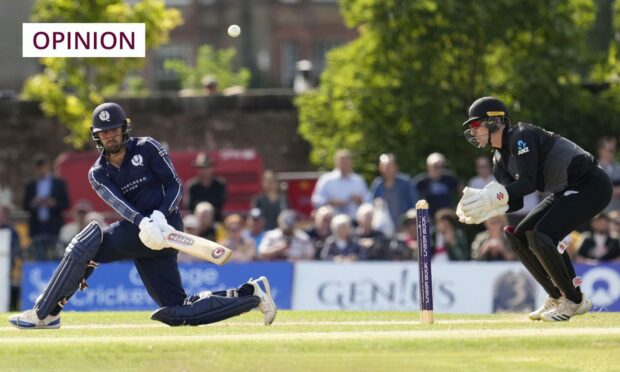
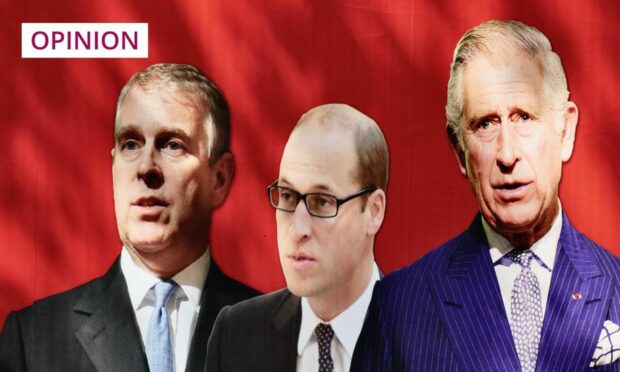
Conversation